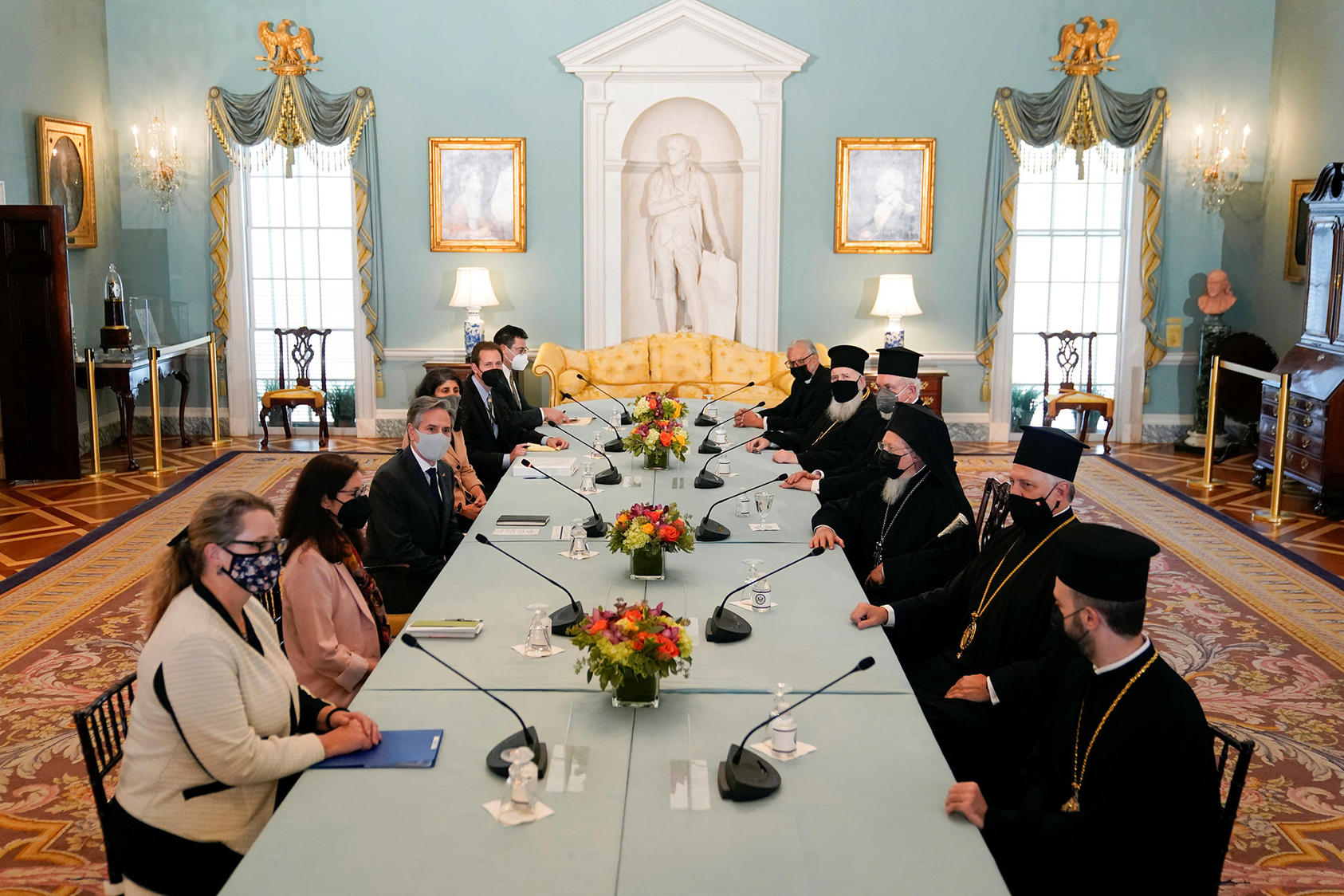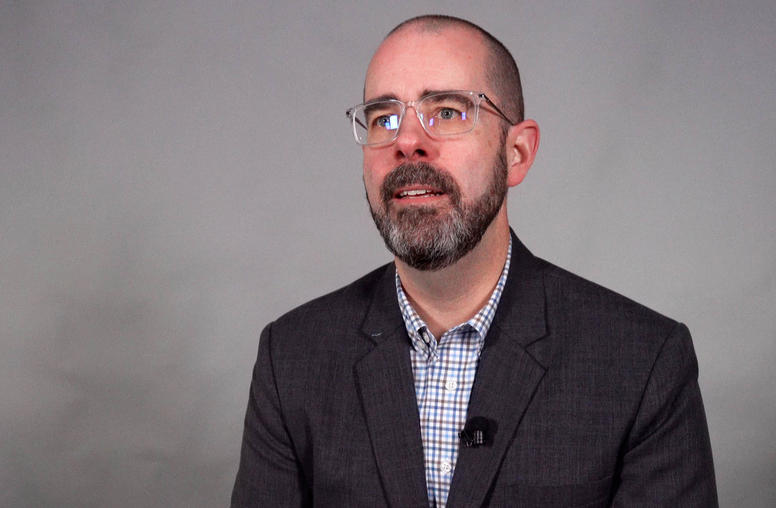Advancing Global Peace and Security through Religious Engagement: Lessons to Improve U.S. Policy
Since 2001, when the Bush administration created a unit within the White House to work on faith-based initiatives, Democratic and Republican administrations alike have sought to engage religious actors worldwide in support of their diplomatic, development, and defense initiatives. This report, based on the authors’ decades of experience working within and outside government, offers specific suggestions for steps the U.S. government can take to clarify the nature of its religious engagement mission and to better coordinate that mission in relation to its other peacebuilding and national security priorities.

Summary
- Over the past two decades and across multiple agencies, the U.S. government has sought to enhance the capacity of the country’s diplomatic, development, and defense efforts to engage with religion and religious actors in order to advance foreign policy and national security priorities related to peacebuilding.
- Although a bipartisan consensus exists about the value of religious engagement, more conversation and clarity are needed regarding the interrelated definitions and concepts of religious engagement, religious freedom, and religious literacy.
- All three hold significant relevance for peacebuilding: religious actors play a central role in maintaining stability and social cohesion in societies around the world; deficits in religious freedom can serve as a major driver of conflict; and peacebuilding professionals cannot fully understand either of these without religious literacy.
- To enhance its capacity for religious engagement, the U.S. government must decide which issue areas are most amenable to religious engagement; where within the State Department a religious engagement unit should be located; how to improve training for diplomats and defense and development officials; and how to promote the complementary but distinct goals of religious engagement and religious freedom.
About the Authors
Peter Mandaville is a senior visiting expert in the Religion and Inclusive Societies Program at the United States Institute of Peace (USIP) and professor of international affairs in the Schar School of Policy and Government at George Mason University. Chris Seiple is the senior fellow in the Comparative Religion Program at the University of Washington’s Jackson School of International Studies and president emeritus of the Institute for Global Engagement.
About the Report
This report sketches the recent history of religious engagement by the U.S. government and offers suggestions for better institutionalizing engagement efforts. The authors draw on their extensive firsthand experience with such efforts and their participation in ongoing debates within the policymaking and academic communities. The report was funded through an interagency agreement between USIP and the Center for Faith-Based and Neighborhood Partnerships at the U.S. Agency for International Development.



